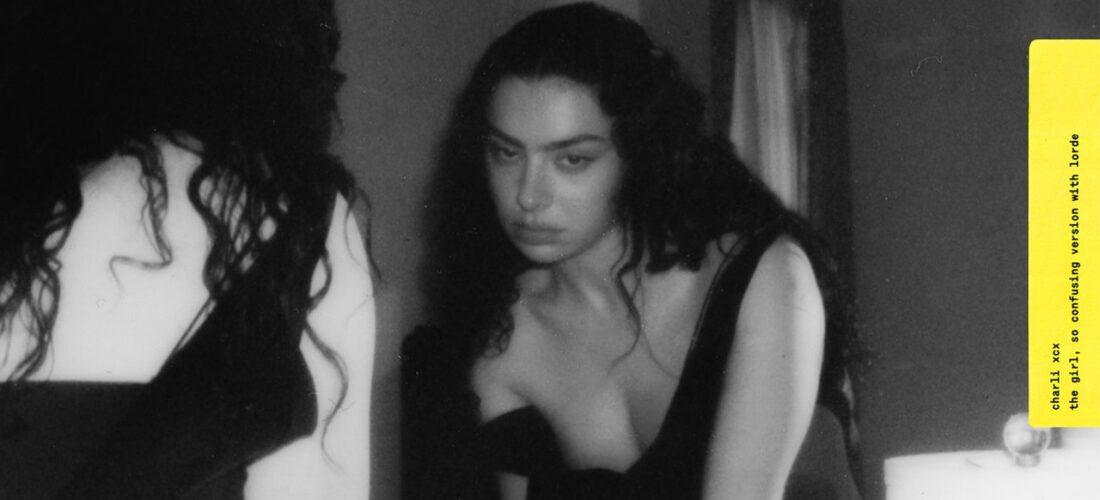It’s always a little performance when you write about someone else. The late writer Janet Malcolm once famously staked out an argument that, on a certain level, a journalist writing about another subject is “morally indefensible.” Malcolm’s opening thesis in her 1989 essay The Journalist and the Murderer relates more to big New Yorker profiles, but I think the same is true for any kind of public writing, be it on Substack or in song. Even within the most generous and objective writing: Confidences are betrayed; context is omitted; nuances are overlooked. I wonder if songwriters who write surreptitiously about exes and frenemies and haters feel this, too, that for all the righteous “Dear John” kiss-offs and blind items cautiously annotated in Genius, they feel there is something inherently untruthful about putting another person in their music without giving them space to respond.
Earlier this morning, Charli XCX posted a screenshot of Lorde’s full verse on the “Girl, so confusing” remix, one of the many BRAT songs to get remixed so far. The grey background implied that Lorde texted her entire verse to Charli, to which Charli replied in true Essexian fashion: “Fucking hell.” The original song was Charli’s attempt to bridge the gap between someone and untangle just a few of the many feelings she had about them (“Sometimes I think you might hate me/Sometimes I think I might hate you.”) Of course, there were the obligatory speculations about the song’s subject, but if you have that talented and successful friend who feels just emotionally out of reach, you wouldn’t need to speculate on whether the song was actually about Lorde. Yet, here we are with the remix, grist for the pop detectives, a couples therapy session reenacted in a disarmingly honest way with a little mutual wink.
Just reading Lorde’s block of text in the screenshot, you can see that she is on a different level, one certainly not available to her on her previous summer retreat, Solar Power. She expertly taps into the meter of the verse—the short-short-long-long-short-long-long cadence, kind of like Nicki Minaj in “Come on a Cone”—to offer a note about her insecurities to ease Charli’s own. Lorde sing-raps with a little digitized filigree about her fears, her body, and the traumatic phrases that have stuck with her for years. She gives a little aside to herself—“She believed my projection/Now I totally get it”—before saying, rightfully, that their collaboration will have the internet going nuts. Is it a performative detente about the many façades of art and celebrity or two people sincerely clearing the air? Incredibly, it’s both. It somehow accomplishes what the most cynical reality-show pop music does while transcending it through nuanced and vibrant songwriting. As Lorde says, they’re two sides of the same coin, and they’ve made an uncanny watershed moment in this therapized, tabloid era of pop.
